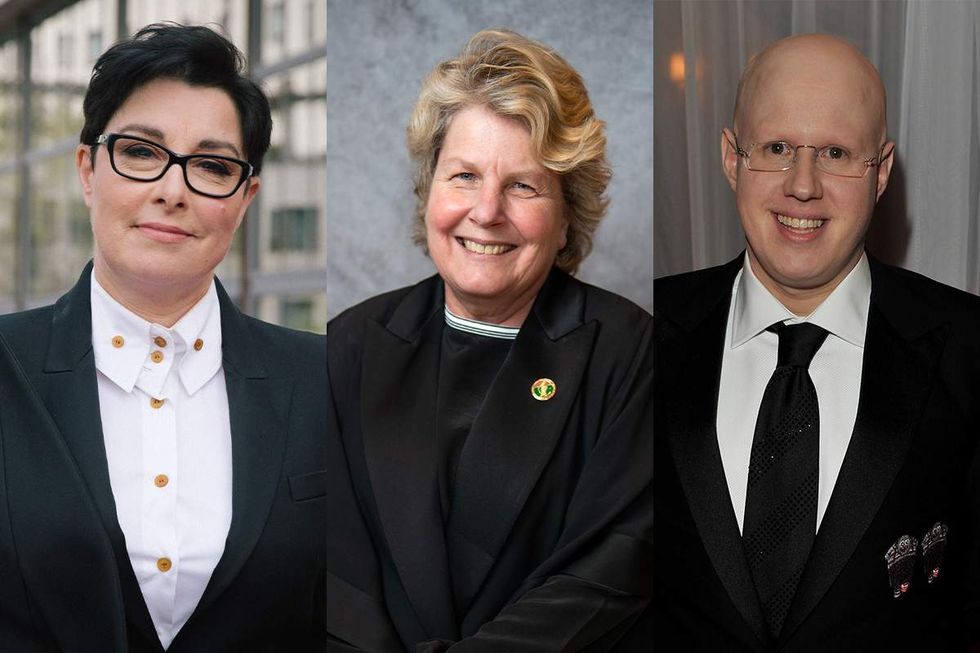As a Mad Men fan, there were many times while I was watching Don’s hundredth existential crisis or Pete’s thousandth tantrum that I thought, "This is great and all, but how about some more Peggy, Joan, Betty, Sally, and Dawn?" Mad Men didn’t always place the focus on the women of the show, but no single show can cover every perspective or every story. After binge watching Amazon's latest offering, Good Girls Revolt, I realized I didn’t really need Mad Men to be more than it was—I just needed another show.
Good Girls Revolt, based on Lynn Povich’s book of the same name, covers a similar time period (1969-1970) and is set in a similar work environment (a magazine called News of the Week, based on Newsweek), and so it has inevitably earned comparisons to Mad Men. But while Mad Men's main focus is on the restrictions of masculinity during the 1960s and 70s, Good Girls Revolt focuses almost entirely on women.
The show could not have planned a more relevant time to premiere, with one of our presidential candidates facing numerous allegations of sexual harassment and assault, and another who faced sexism in law school at the same time the women of the show are planning to file a complaint against their employer. The women of the show are what Trump might call "nasty." They are smart, demanding, overworked and underpaid, conflicted, and complex. Here are four reasons you’ll love them. (Note: if you want to watch the first season completely spoiler free, turn back now.)
1) They represent a range of experiences.
The women of Good Girls Revolt have their workplace experiences in common. They are all relegated to the role of researcher and unable to obtain a byline no matter how much work they put into a male journalist’s article. In the pilot episode, Nora Ephron (yes, the Nora Ephron), played with dry wit by Grace Gummer, writes an article and hands it in under a male journalist’s name. After the article is showered with praise by an editor, she reveals that she’s the author. He scolds her, refuses to run the article, and she quits.
But outside of their experiences at work, their lives couldn’t be more different. Patti Robinson (Genevieve Angelson) is the pot-smoking sexually liberated foil to Jane Hollander (Anna Camp), a woman still dependent on her wealthy father’s money who insists she’s biding her time at News of the Week until she marries her fiancé. Erin Darke gives a standout performance as Cindy Reston, a quiet researcher married to an oblivious law student who finds herself wanting more after consciousness raising meetings. Joy Bryant (Parenthood) plays Eleanor Holmes Norton, the researchers’ lawyer who enjoys a successful egalitarian marriage and a challenging career.
While these characters feel archetypal in the first few episodes, their complex inner lives, their contradictions, and the ways they grow throughout the first season offer a range of women’s experiences to the audience.
2) The supporting cast is fantastic.
While Patti, Jane, and Cindy’s experiences are the main focus of Good Girls Revolt, the supporting cast and the characters they play are just as compelling. Grace Gummer’s Nora Ephron steals every scene. Betty Gabriel is powerful and confidently subdued as one of the few black employees of News of the Week, Denise. Angie (Danya LaBelle) has one of the most moving subplots of the show. If the show is renewed for a second season, there are plenty of stories that you’ll want to see further explored.
3) They are not perfect.
There are no perfect activists. No one makes the most idealistic choice all the time. The women of Good Girls Revolt are so compelling because they reflect that reality. When their lawyer warns them not to continue sexual relationships with men in the office—even if they’re already dating—they continue to do so, unable to immediately detach from their feelings for boyfriends and lovers.
They don’t immediately confront injustice. Sometimes they laugh along at sexist jokes. Sometimes they are passive and silent because they have children to take care of or rent to make. They don’t always recognize how they’re feeling or when something is wrong. They drink or take diet pills to cope. They place the blame on each other because it’s safer to be angry at other women.
Good Girls Revolt is not about pure, perfect heroines. (It’s also not about evil villains. The men in the show are very much products of their environment.) It’s about imperfect people struggling against inequality with the limited tools they have at their disposal.
4) They keep growing.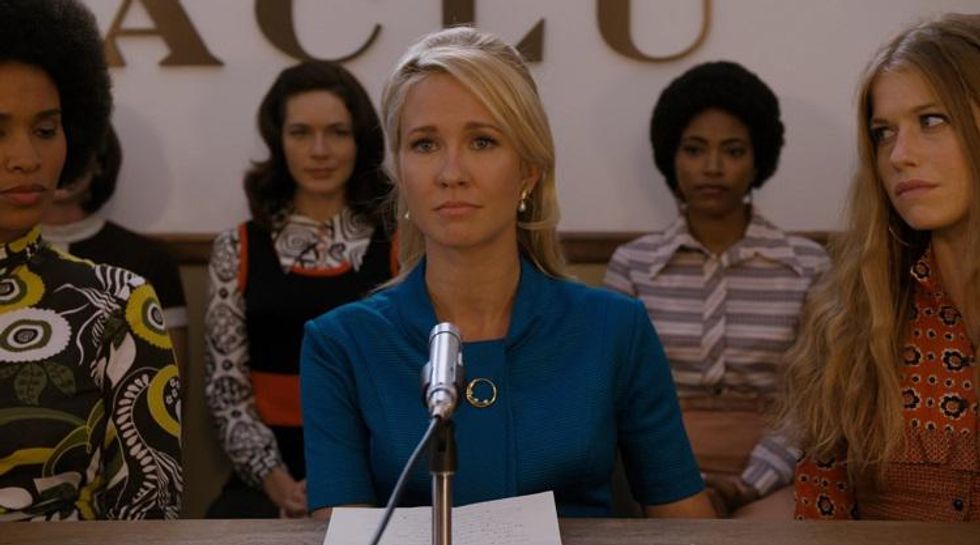
Other developments are more minor, and will likely take longer to sink in. Patti, who urges her reporter to take a more nuanced look at the Black Panther Party, is confronted by Denise. She points out that even though Patti had good intentions, there wasn’t a single black person involved in researching, writing, or editing the final story. Whether this confrontation will have a long-term impact on Patti’s actions remains to be seen.
Meanwhile, Cindy struggles with independence and her sense of self. Her setbacks come in the form of secret drinking, returning to her husband despite ongoing unresolved conflicts, and avoiding her inner turmoil by making herself of service to others.
The characters of Good Girls Revolt don’t follow a linear path. They don’t grow steadily; they take steps back. Their development is complex and realistic—an opportunity rarely afforded to female characters—and the end of the season will leave you excited to see what they do next.
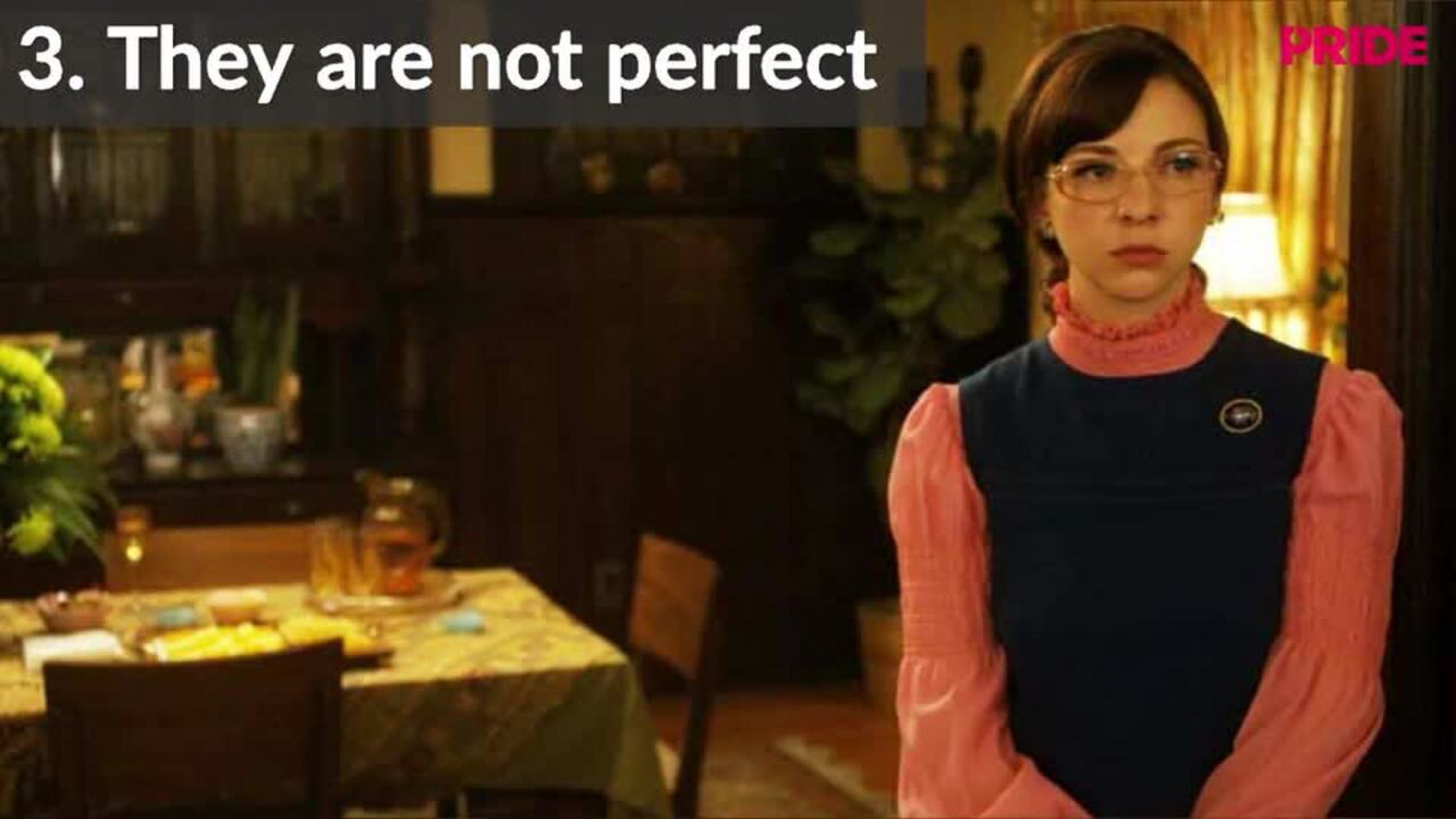
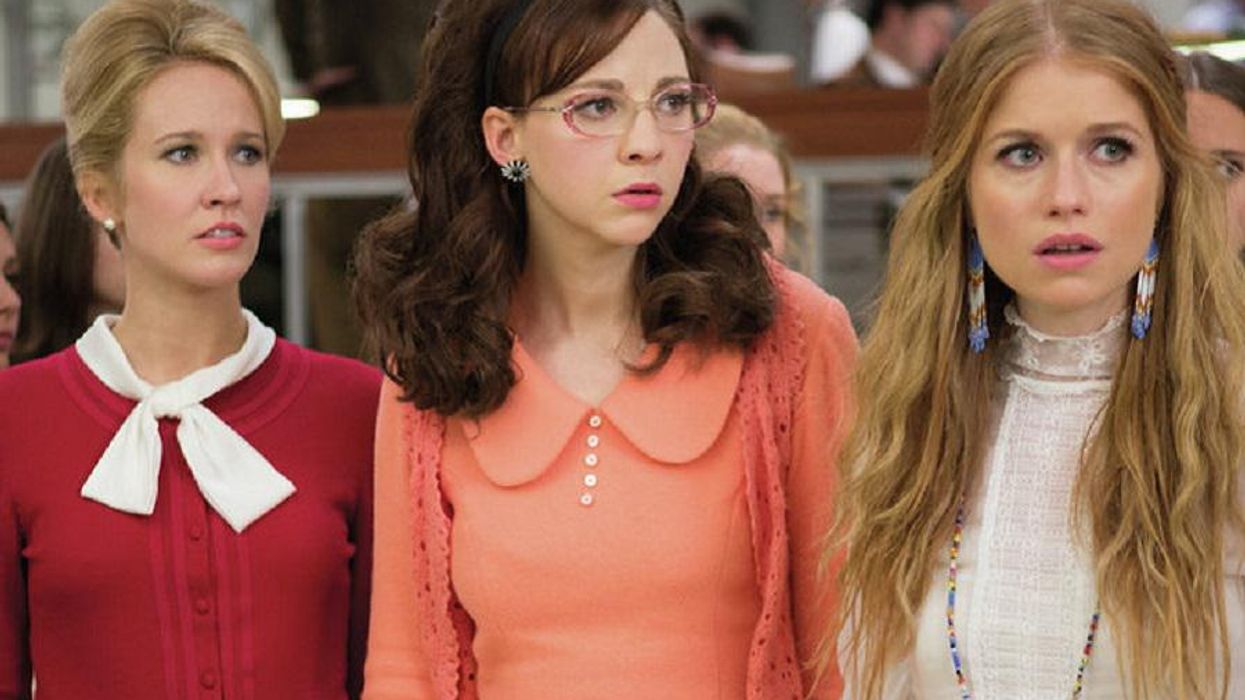

















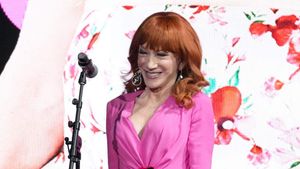

















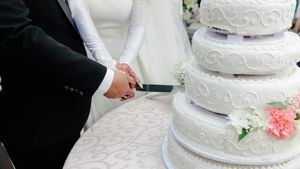









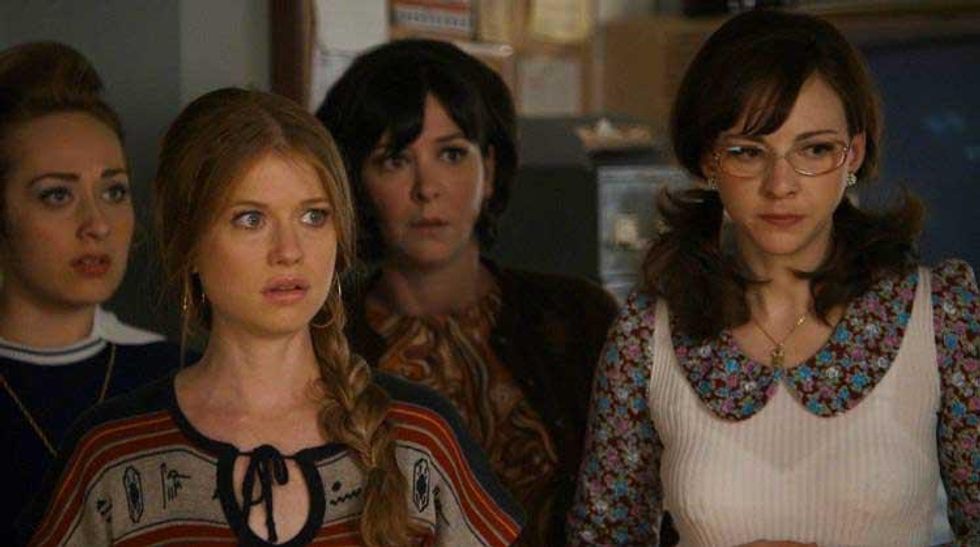
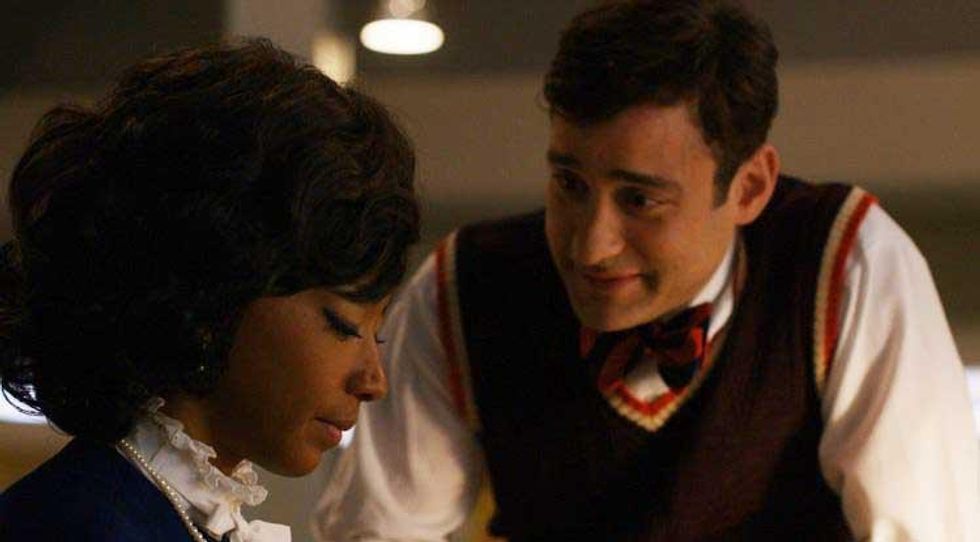
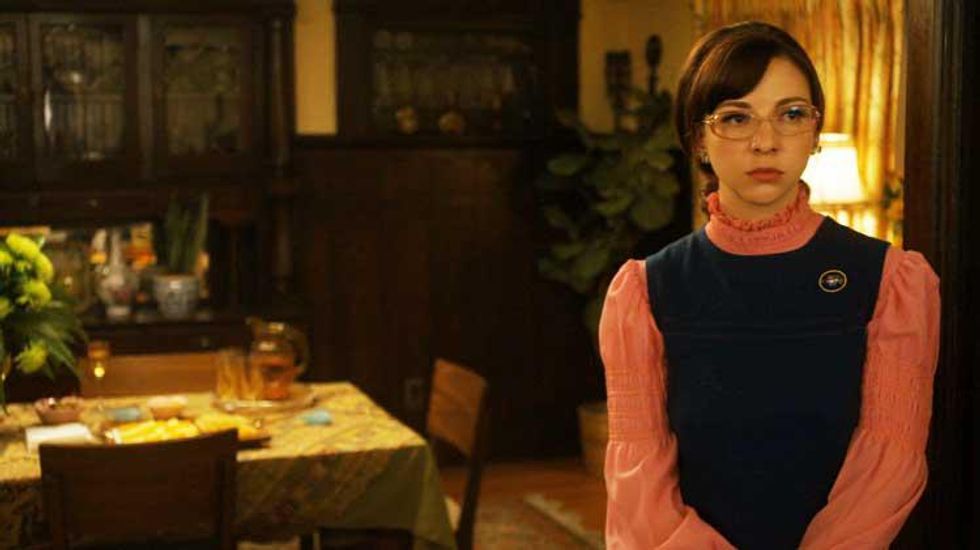
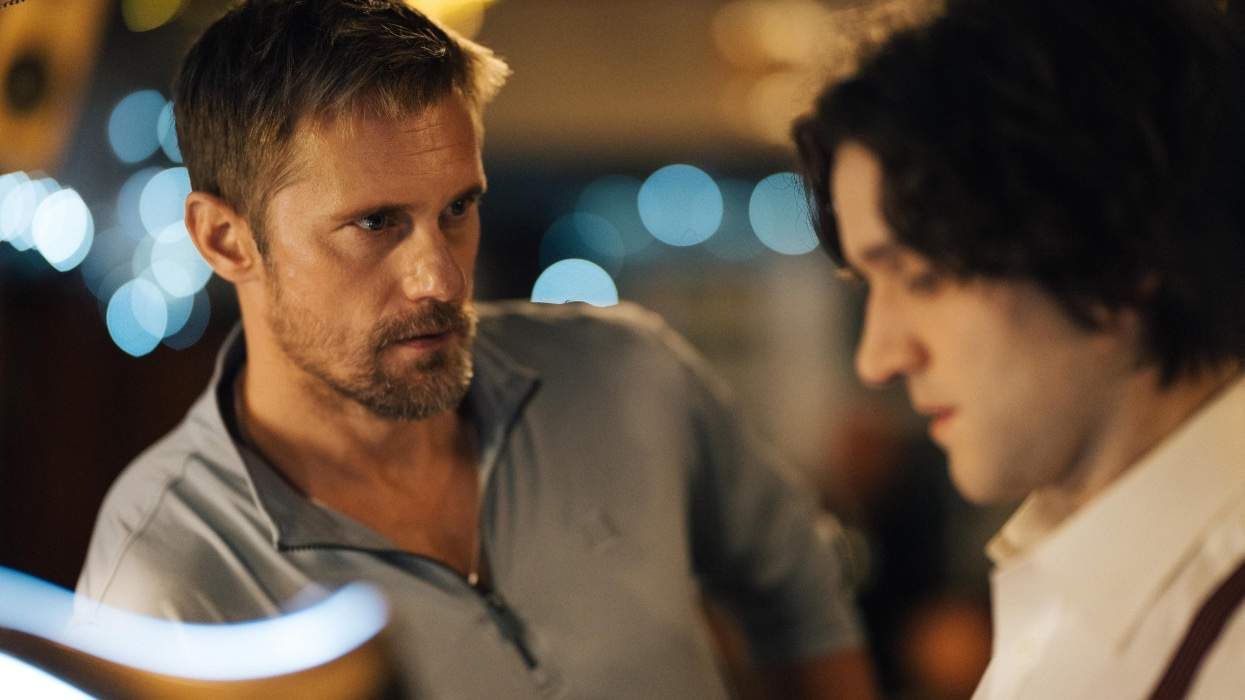
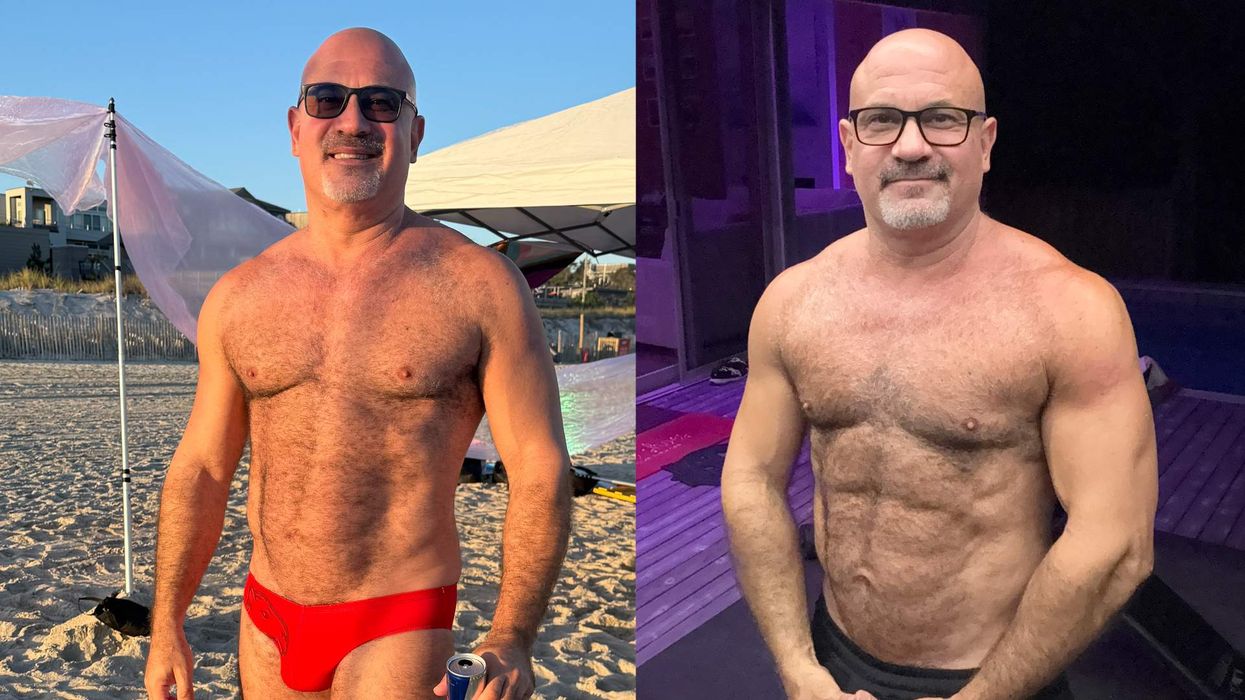


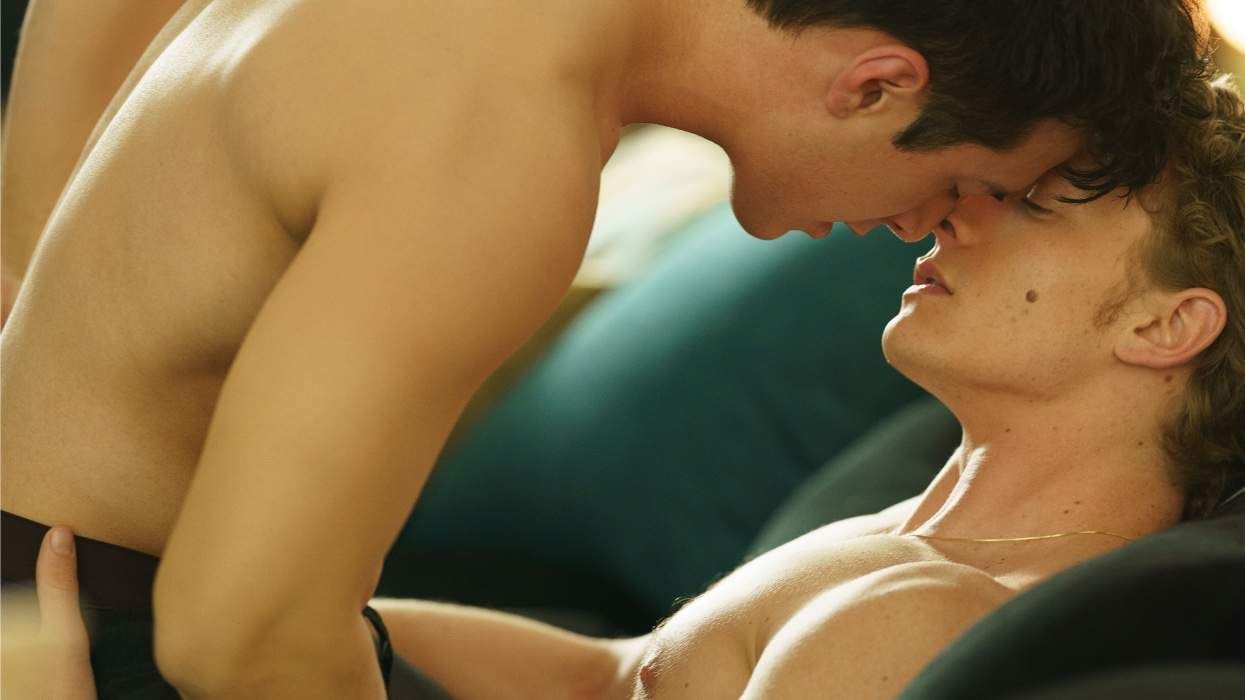

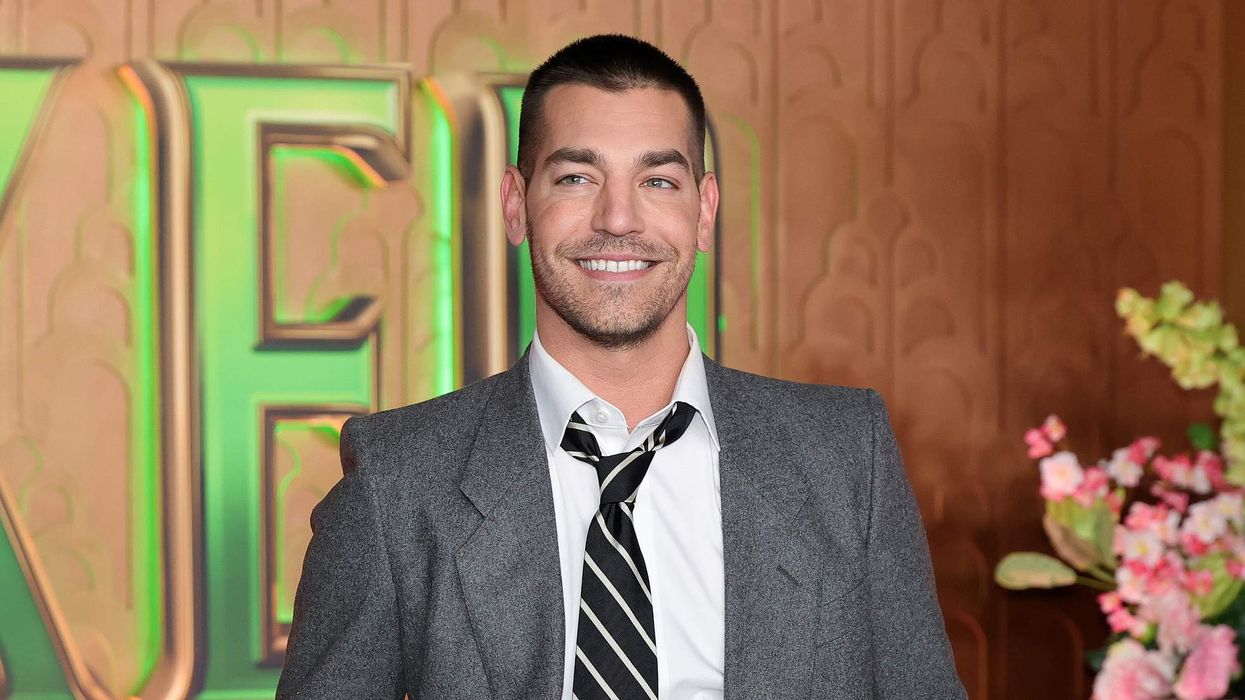
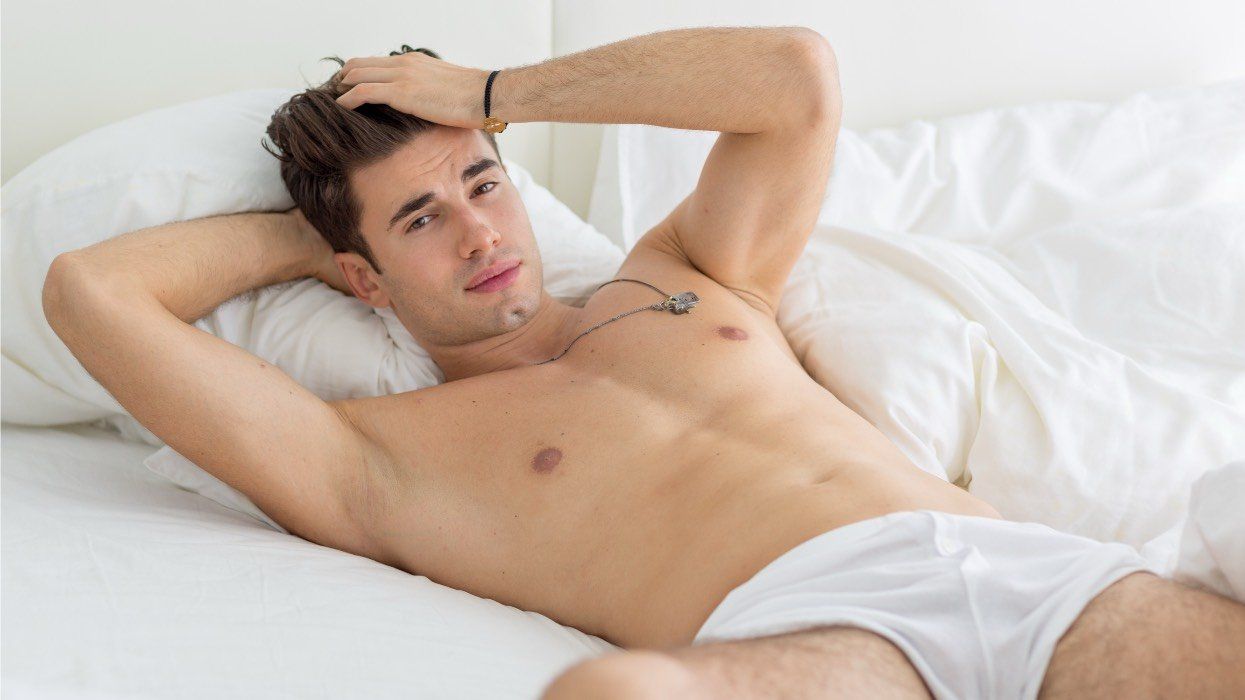
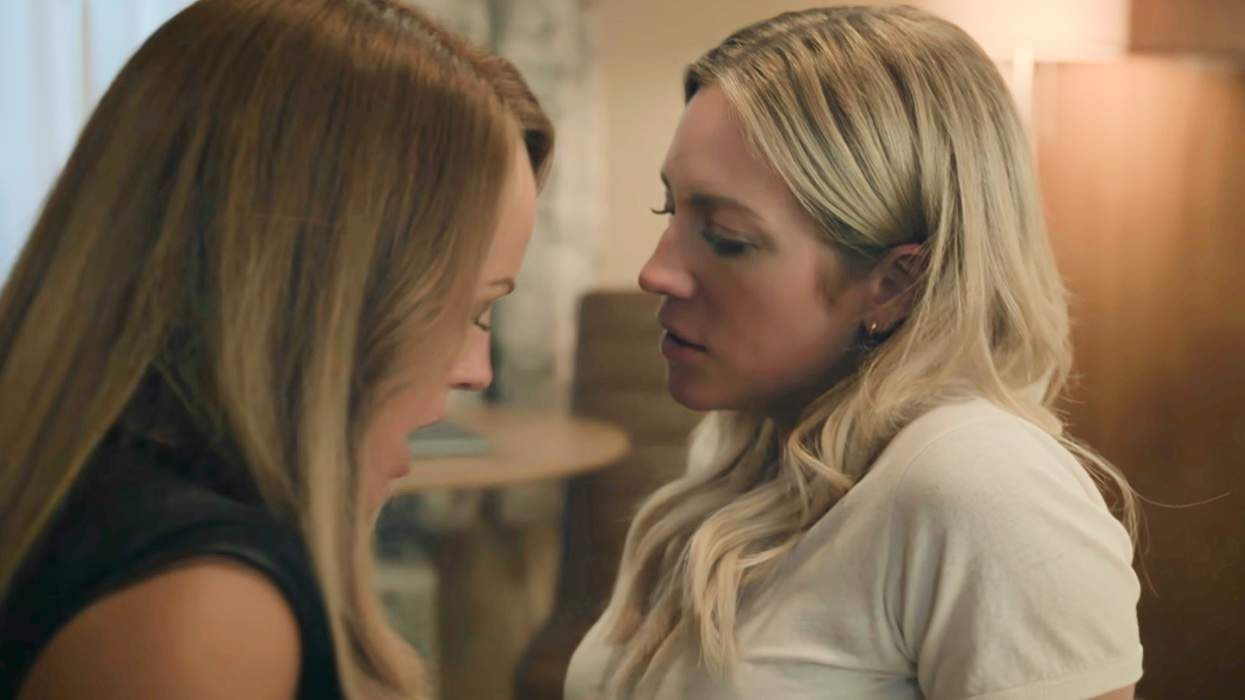
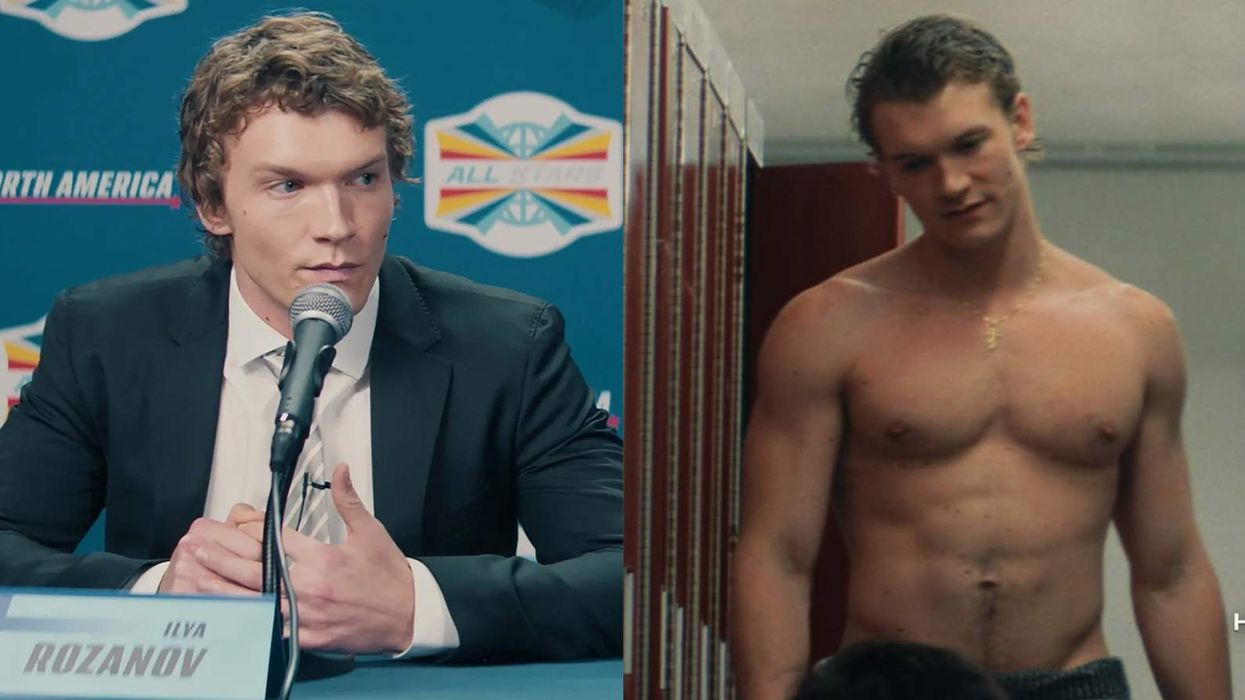
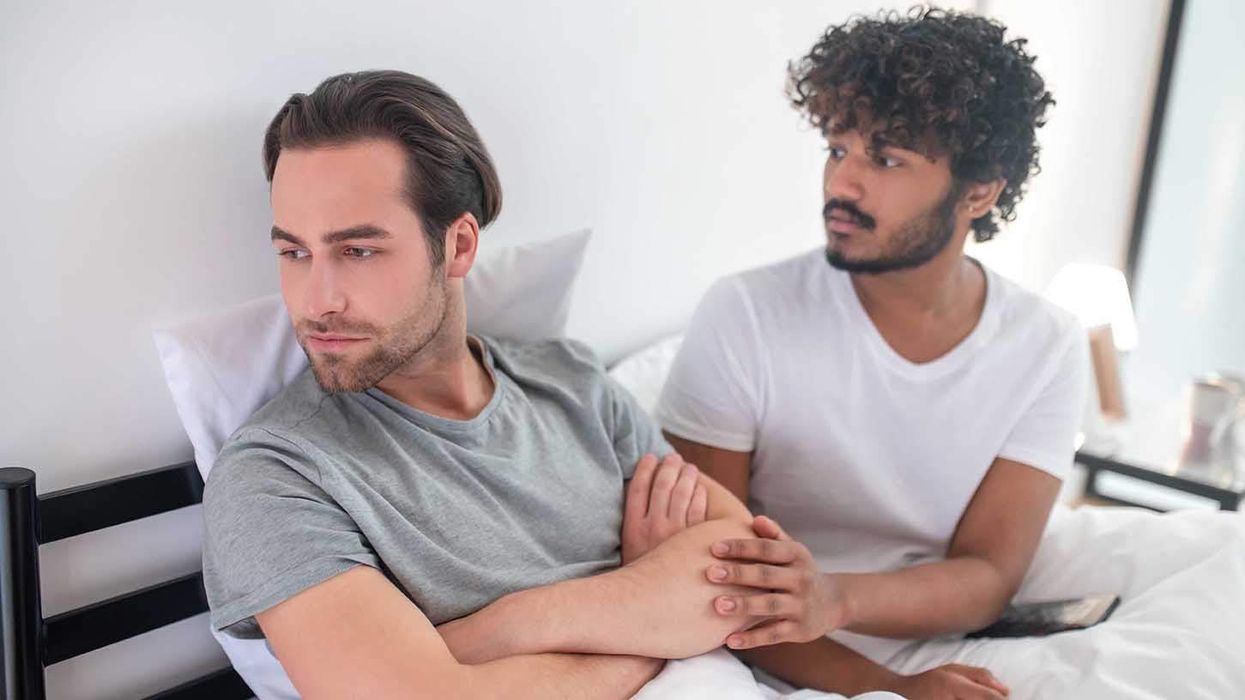
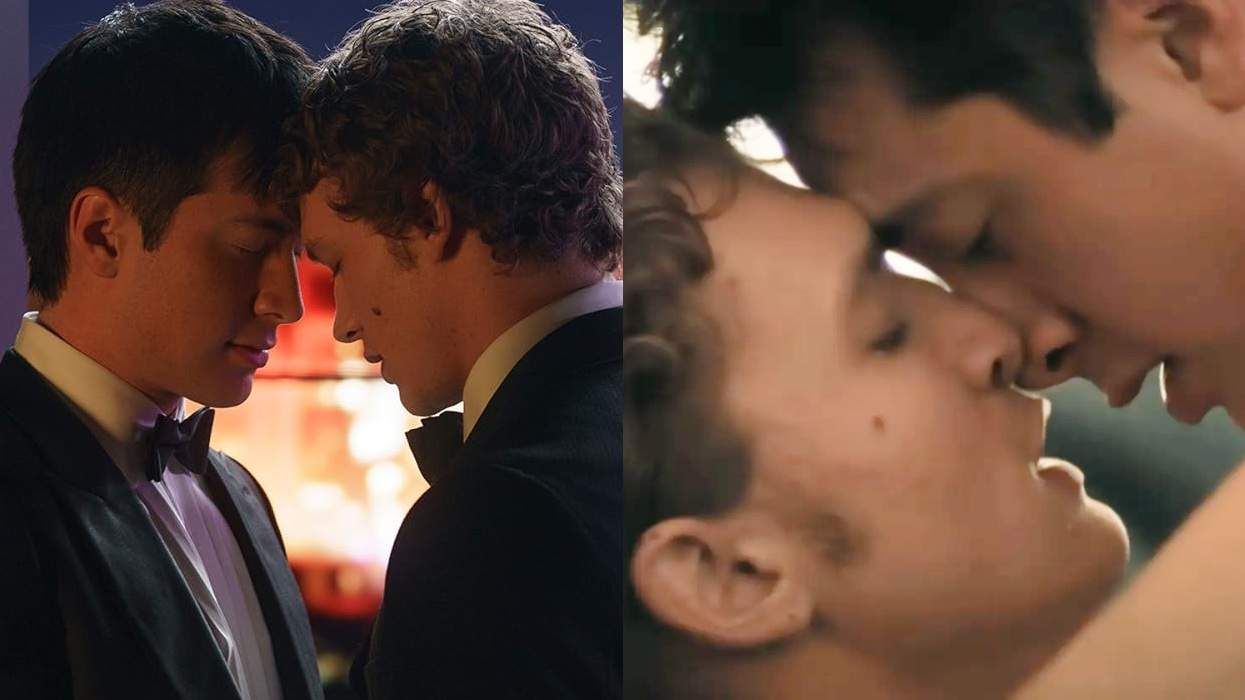
 First look at the steamy gay hockey romance 'Heated Rivalry' & the stars who have gays lustingSabrina Lantos/Crave via Deadline
First look at the steamy gay hockey romance 'Heated Rivalry' & the stars who have gays lustingSabrina Lantos/Crave via Deadline


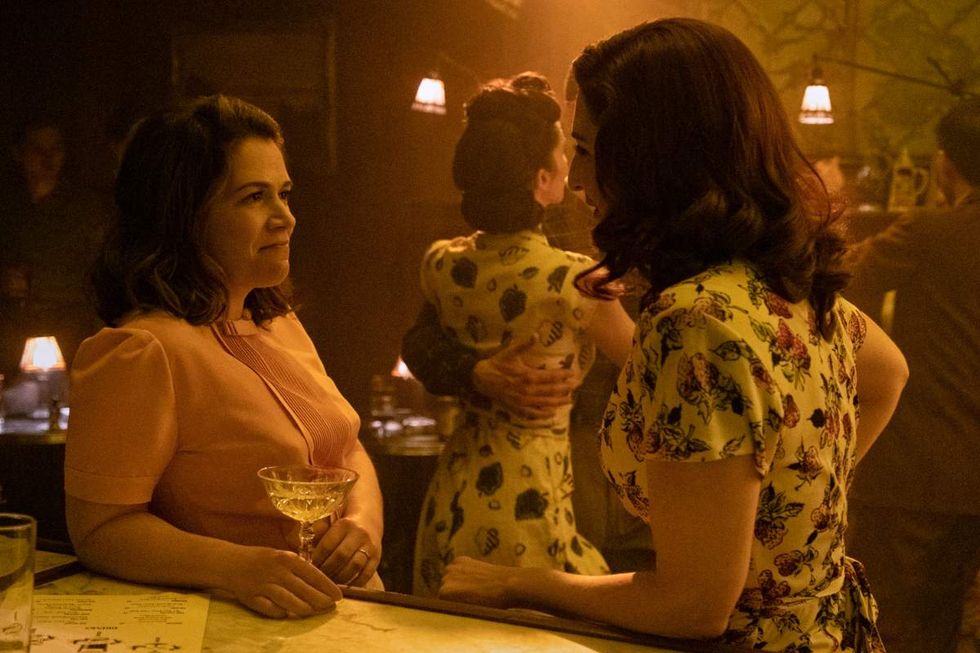


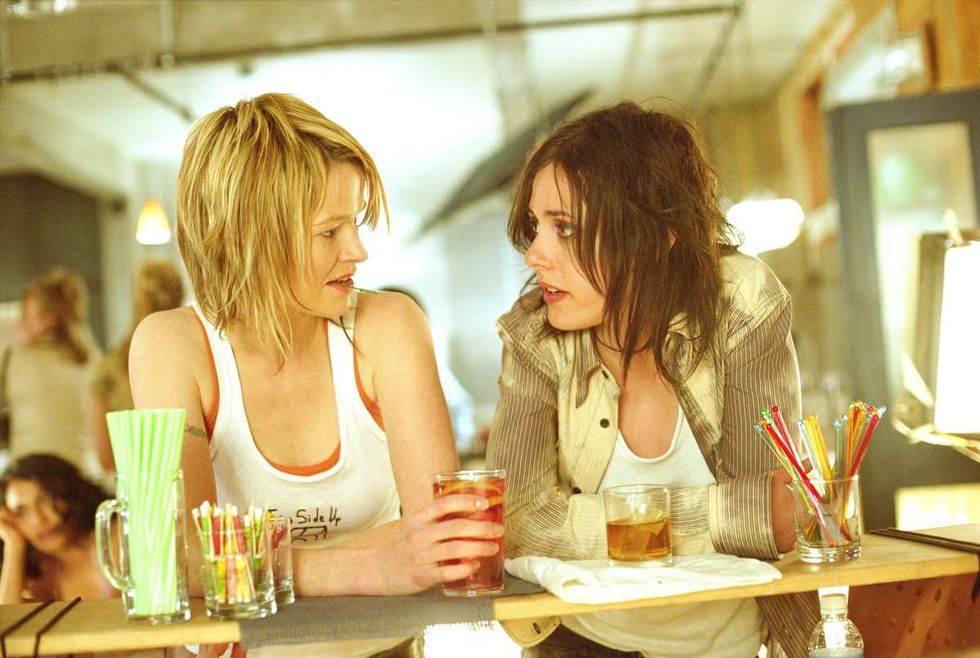
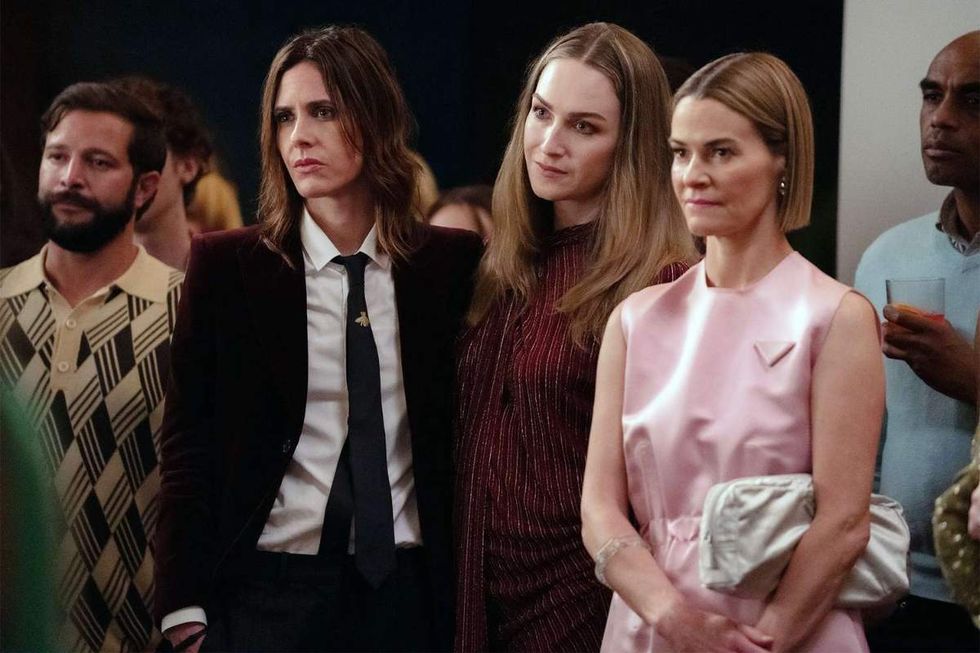
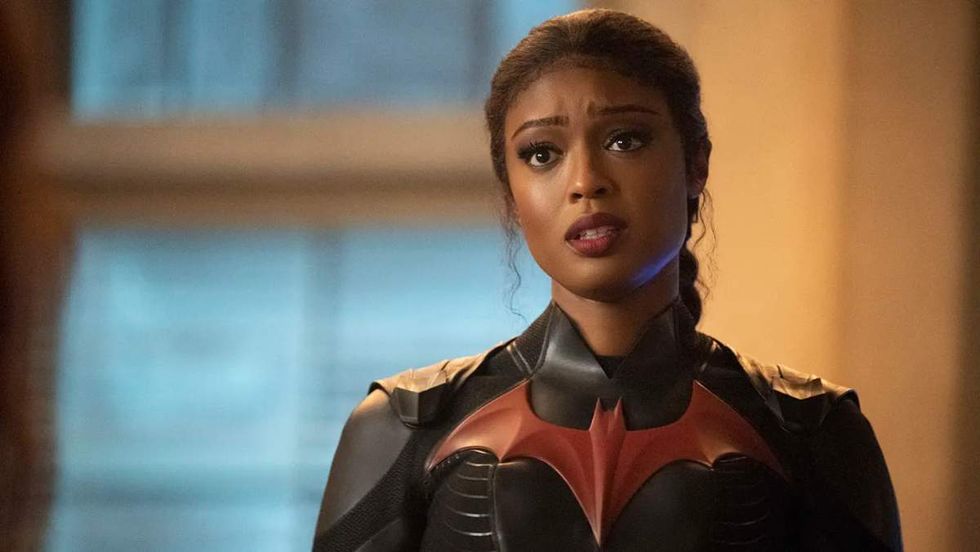
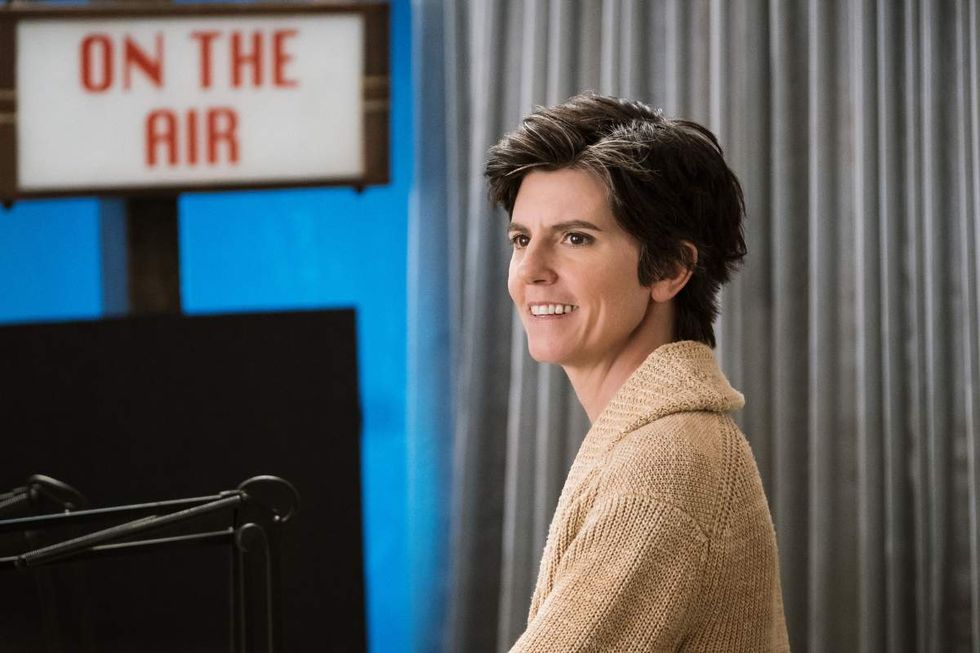
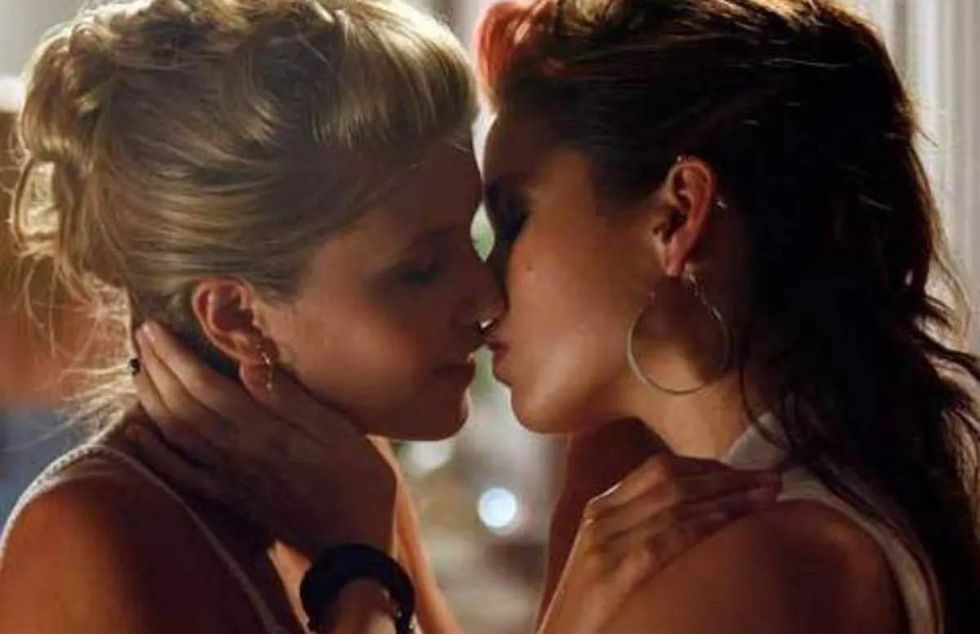

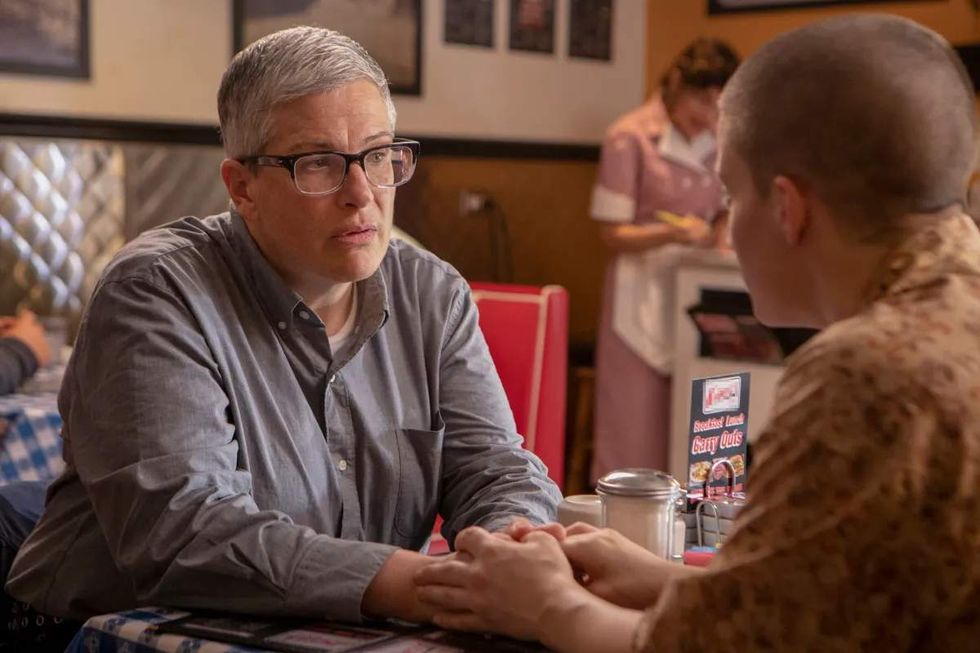
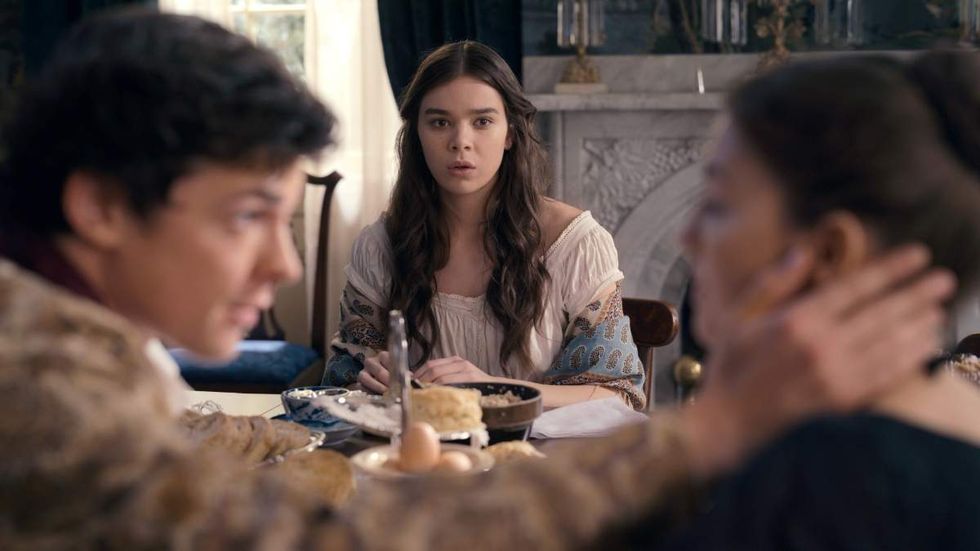
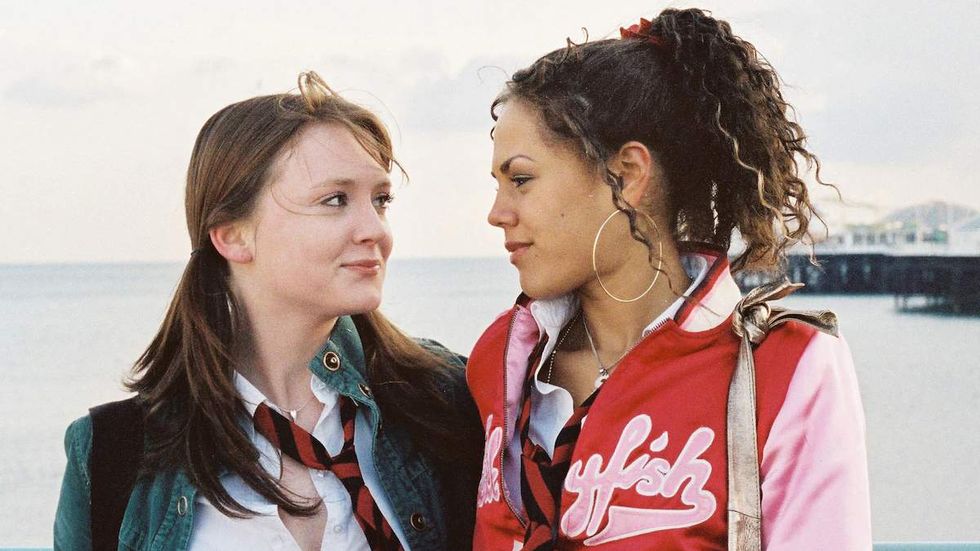

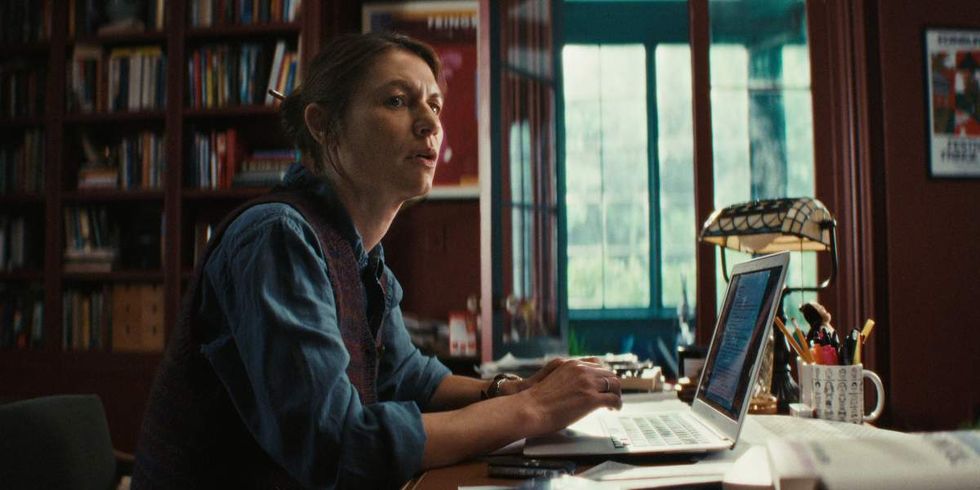

 Sandro Farmhouse, John Whaite, and Janusz DomagałaJeff Spicer/WireImage; Mike Marsland/WireImage; Nicky J Sims/Getty Images
Sandro Farmhouse, John Whaite, and Janusz DomagałaJeff Spicer/WireImage; Mike Marsland/WireImage; Nicky J Sims/Getty Images